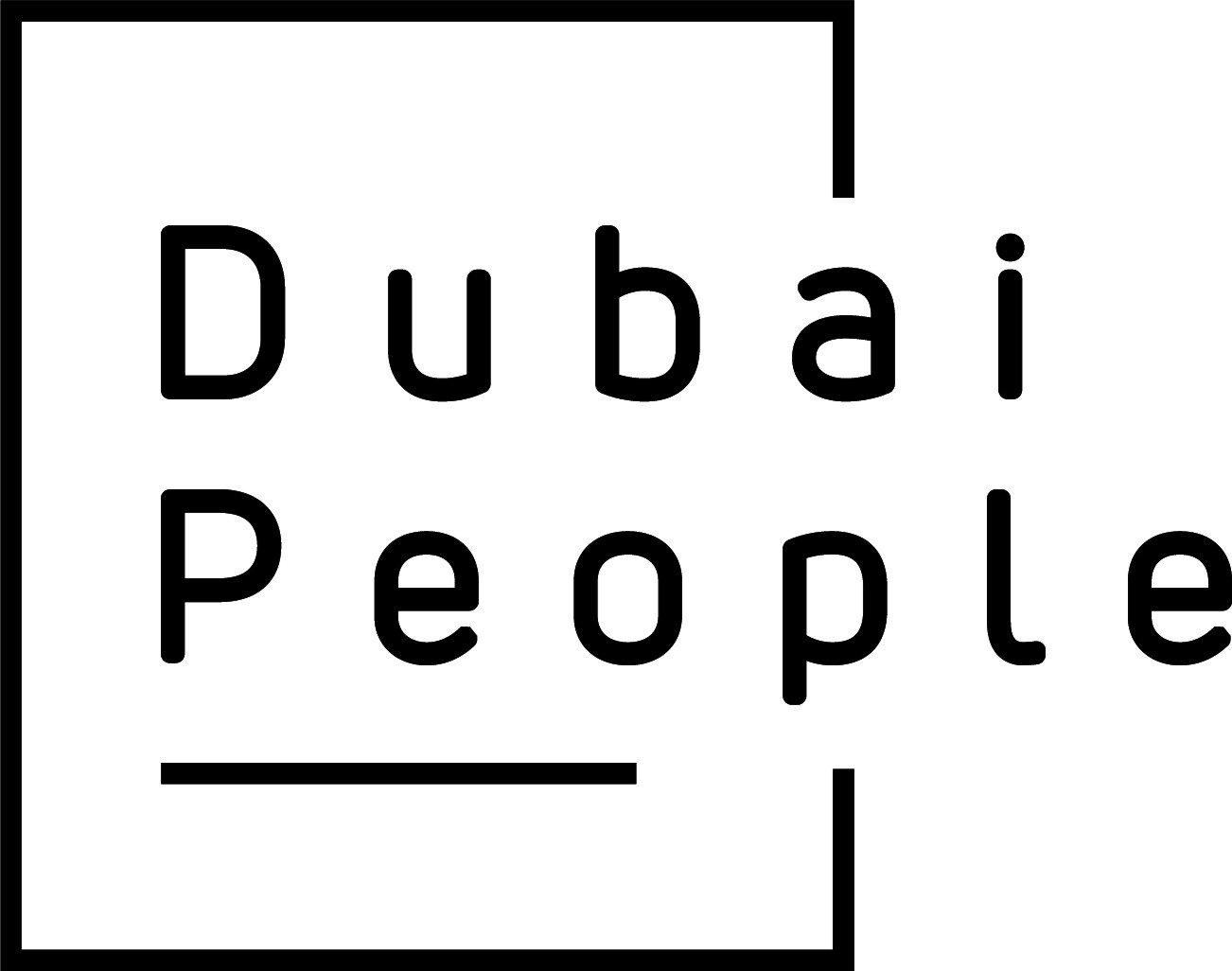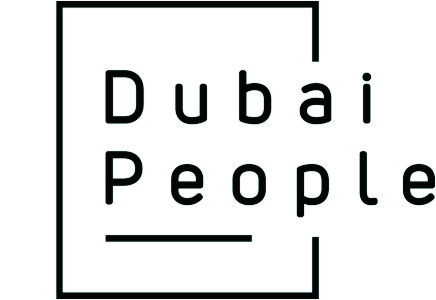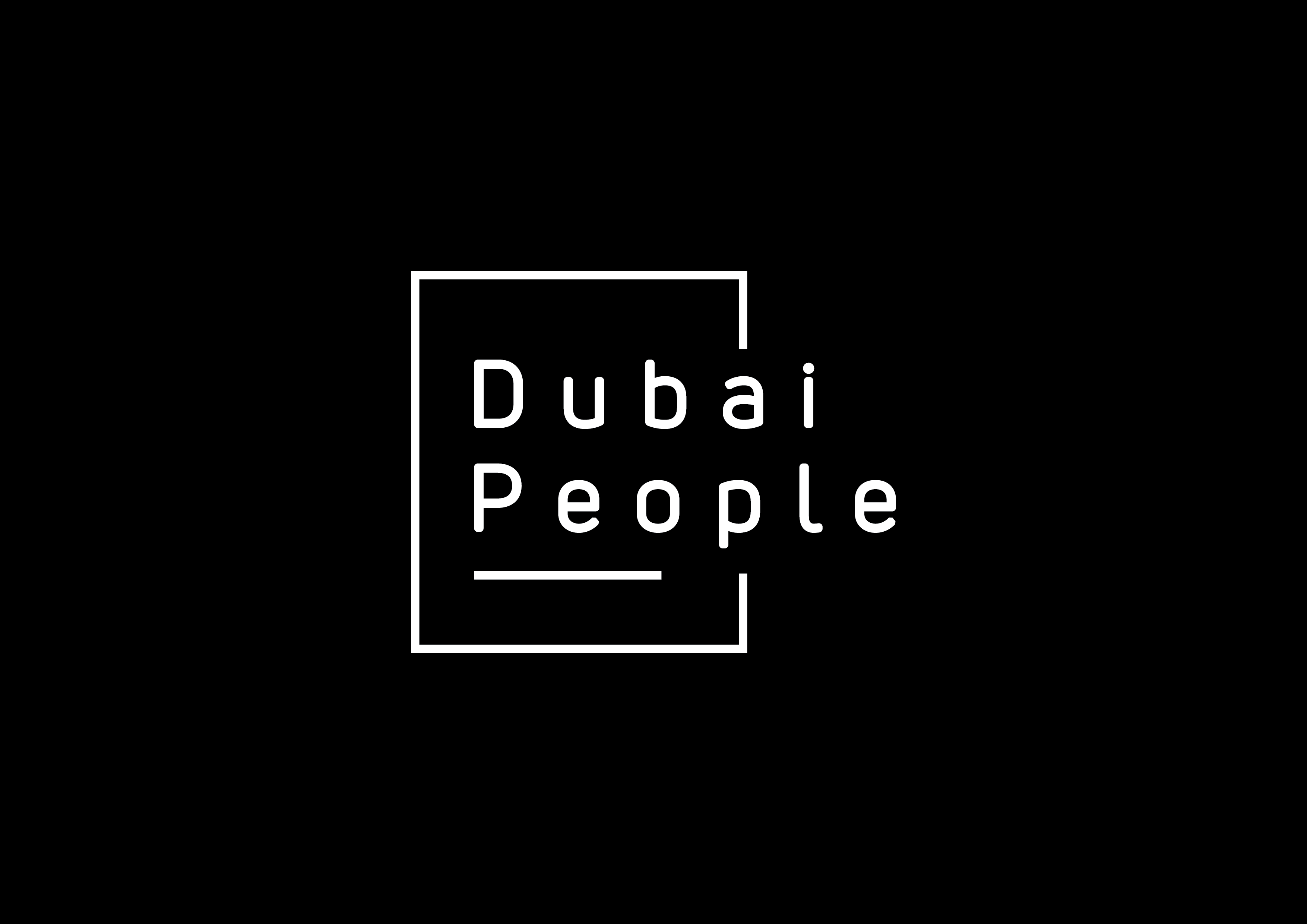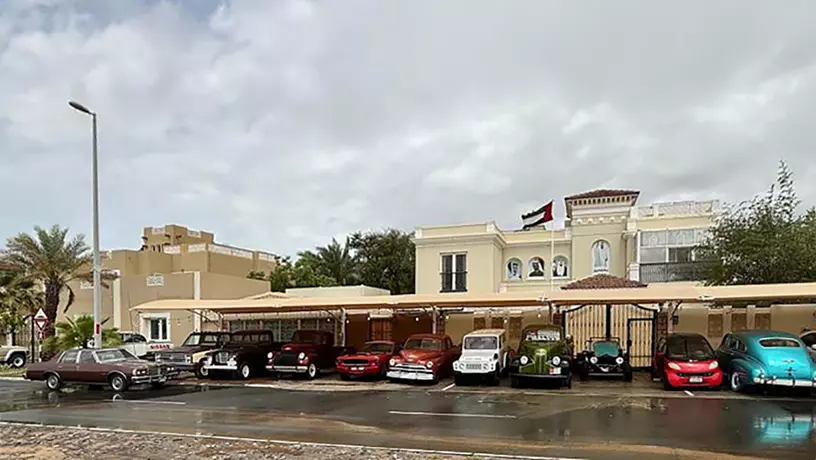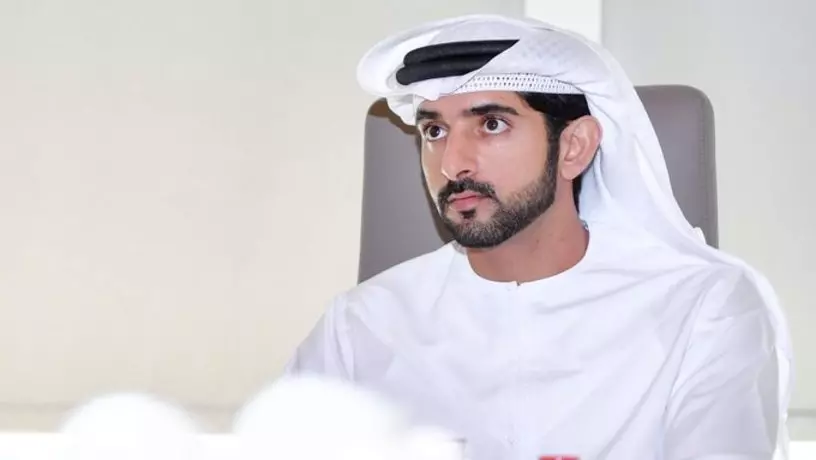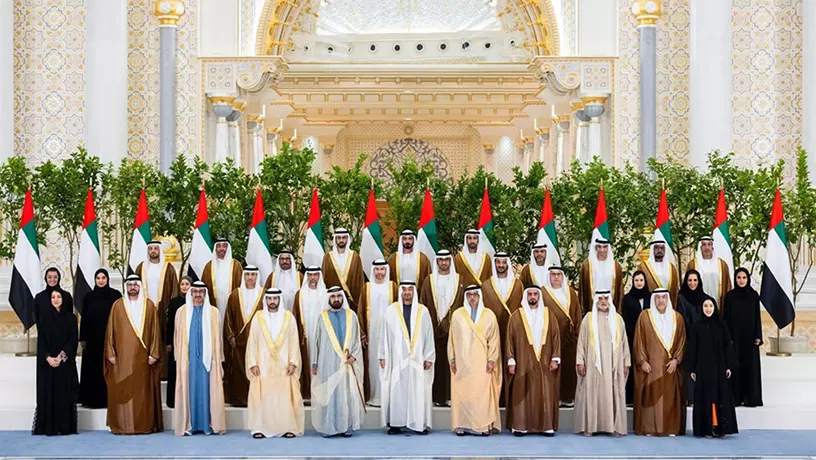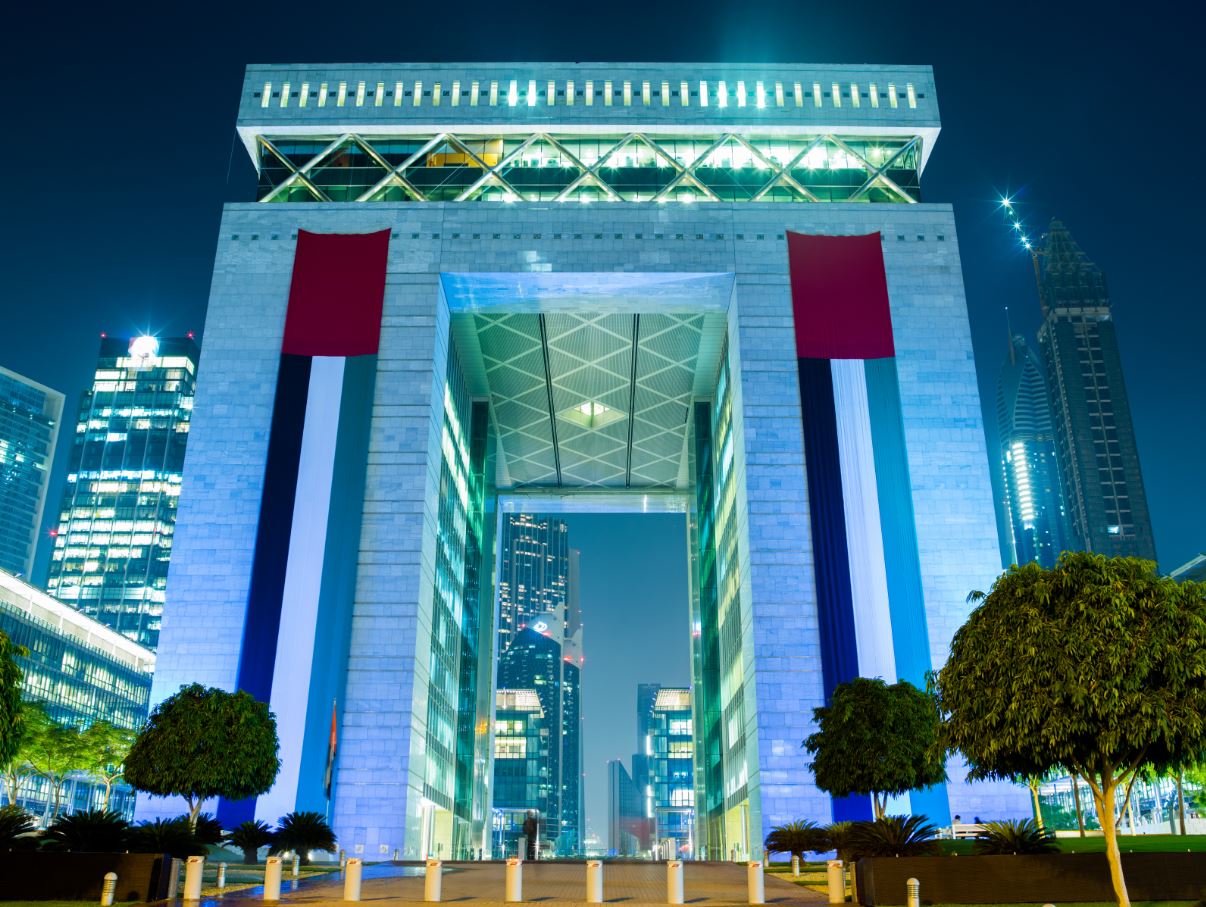
Prototypes for Humanity event starts 16-17 November
Prototypes for Humanity, a new event showcasing innovative projects developed by university students from around the world, will debut on 16-17 November 2022.
Held in partnership with the Dubai International Financial Centre (DIFC), a leading global financial centre in the Middle East, Africa and South Asia region, with support from Dubai Culture and A.R.M. Holding, Prototypes for Humanity builds on the success of the Global Grad Show, an annual exhibition of innovative university design projects held since 2015. The new event aims to stimulate action and mobilise organisations whose infrastructure, reach and technical know-how can be used to accelerate innovative impact projects. Impact Innovations are collaborative projects that use emerging technologies to create a measurable impact on critical issues facing humanity.
Featuring talented students from over 100 countries in the fields of science, technology and creativity, the Prototypes for Humanity project is in tune with Dubai’s entrepreneurial spirit and the COP28 programme that the UAE will host at the end of 2023. This inaugural event brings together innovative ideas, projects and technologies to address the critical challenges facing humanity. With a wealth of cutting-edge academic projects, the event aims to raise awareness of global issues and highlight solutions and actions that can solve them.
Built on a gathering of outstanding scientific talent, Prototypes for Humanity celebrates ideas of positive social and environmental impact. The event will be the most diverse gathering of impact-oriented innovations, with a mission to catalyse change and strengthen the role of alliances led by academia in accelerating change. Leveraging the power of multi-stakeholder partnerships, the new event brings together experts from academia, intellectual property, the private and public sector and venture-building to create solutions that create positive impact.
Prototypes for Humanity will showcase 100 best-in-class innovative impact projects, supported by intellectual property, by university students offering solutions for a better world. The selected projects illustrate the many and often unknown consequences of global problems and demonstrate that different perspectives on problem-solving are not only complementary but necessary.

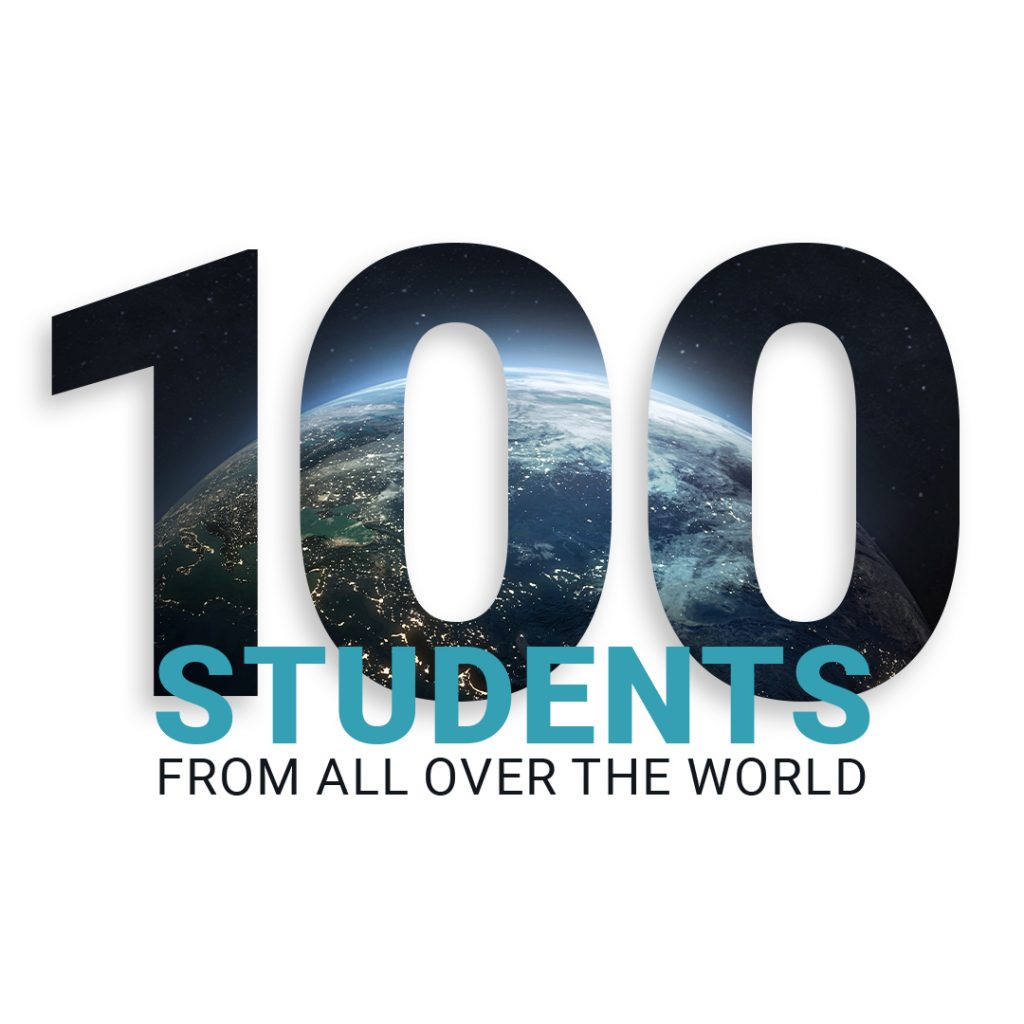
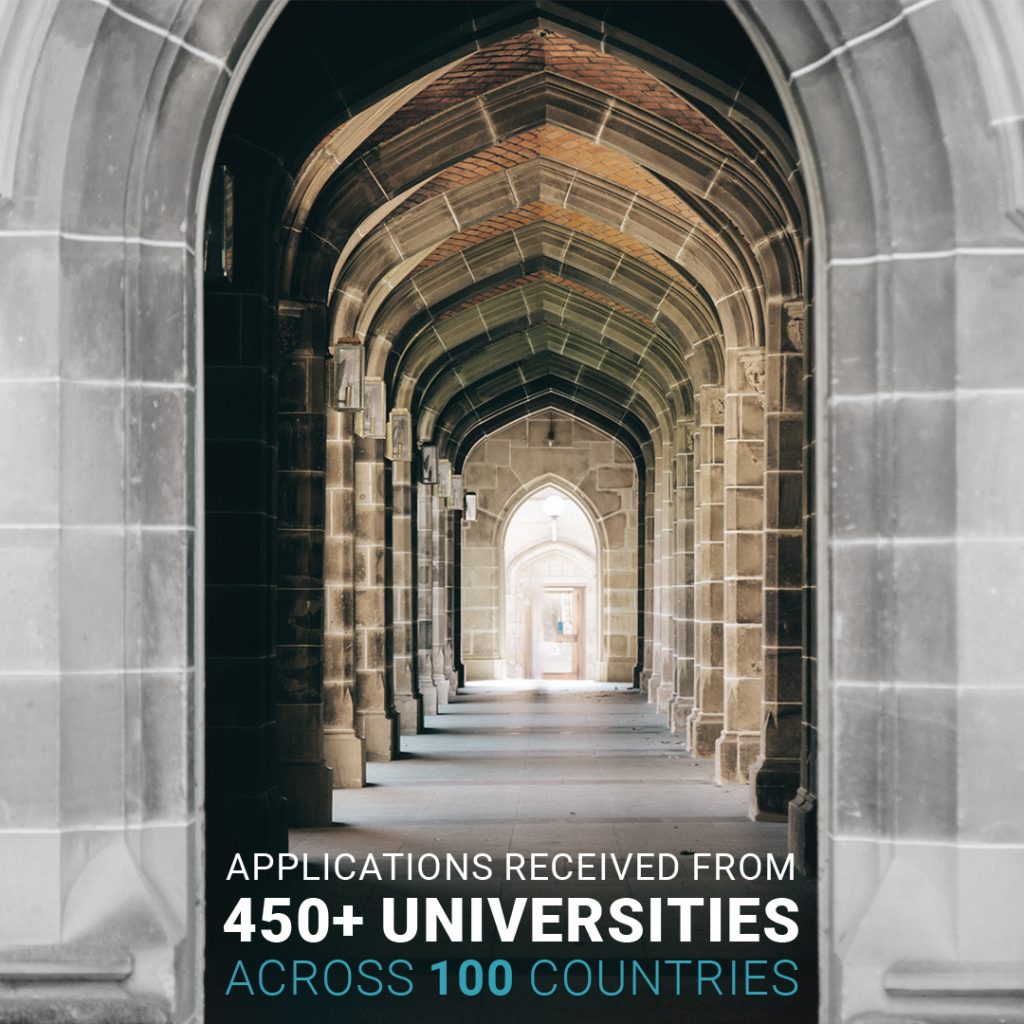
The shortlisted projects were selected from entries submitted by over 450 universities from more than 100 countries, ranging from leading, world-renowned institutions such as Stanford University, MIT, Oxford University, Cambridge University, ETH Zurich, Tsinghua University and the National University of Singapore to emerging universities in the Global South. A record number of universities from 25 African countries and major emerging economies such as India, Brazil, Indonesia, Mexico and Turkey entered the competition.
Prototypes for Humanity features unique projects from Oxford Medical School, MIT’s aerospace engineering programme and Harvard’s John F. Kennedy School of Government, as well as research centres from the Global South, including the University of Ibadan in Nigeria, the University of Mexico Centro, Bakri University in Indonesia, Qadi Ayyad University in Morocco and Azerbaijan State University. Prototypes for Humanity Awards will award US$100,000 to the best projects in the fields of environment, health, society and corporate solutions.
This year’s event will include roundtables, debates and workshops to identify barriers and incentives, and explore mechanisms that will enable high-potential innovations to move from university laboratories into the real world. The initiative will also bring together representatives from the venture capital community, as well as private and institutional investors, including A.R.M. Holding, which launched a $2.7 million fund in 2019 to support social impact innovation.
During the exhibition, which is open to the public on 16 and 17 November, the 100 innovative projects featured at the event will highlight key areas of interest to international students, including energy and disaster relief, food production and access to healthcare.
This year’s applications reflect a change in thinking about impact: from innovation for an uncertain future to urgent, more concrete and rapidly deployable solutions based on viability. Furthermore, the applications demonstrate that academic research does not take place in a vacuum, but rather in the context of collaboration and opportunity, with the clear influence of a start-up culture that makes university projects visibly anchored in the real world. Furthermore, the concepts aimed at autonomous and independent living illustrate the desire to explore alternative solutions beyond the norm.
The full list of 100 projects shortlisted in this year’s competition will be published on 14 November at www.prototypesforhumanity.com.
Under the patronage of @LatifaMRM, ‘Prototypes for Humanity’, a new event that showcases impact innovation projects developed by university students from across the world, is set to debut from 16-17 November 2022 at @DIFC #Dubaihttps://t.co/9Pn6J5Hz3m pic.twitter.com/SjMGlr2npM
— Dubai Media Office (@DXBMediaOffice) November 10, 2022
Follow our Telegram Chanel


